
How a certain Shaykh showed no grief at the death of his sons. جزع ناکردن شیخی بر مرگ فرزندان خود
بود شیخی رهنمایی پیش ازین آسمانی شمع بر روی زمین
Formerly there was a Shaykh, a (spiritual) Director, a heavenly Candle on the face of the earth,
چون پیمبر درمیان امتان در گشای روضهی دار الجنان
One like a prophet amongst religious communities, an opener of the door of the garden of Paradise.
گفت پیغامبر که شیخ رفته پیش چون نبی باشد میان قوم خویش
The Prophet said that a Shaykh who has gone forward (to perfection) is like a prophet amidst his people.
یک صباحی گفتش اهل بیت او سختدل چونی بگو ای نیکخو
One morning his family said to him, “Tell us, O man of good disposition, how art thou (so) hard-hearted?
ماز مرگ و هجر فرزندان تو نوحه میداریم با پشت دوتو
We with backs (bent) double are mourning for the death and loss of thy sons;
تو نمیگریی نمیزاری چرا یا که رحمت نیست در دل ای کیا
Why art not thou weeping and lamenting? Or hast thou no pity in thy heart, O sire?
چون ترا رحمی نباشد در درون پس چه اومیدستمان از تو کنون
Since thou hast no pity within, what hope for us is there now from thee?
ما باومید تویم این پیشوا که بنگذاری توما را در فنا
We are in hope of thee, O guide, that thou wilt not leave us to perish.
چون بیارایند روز حشر تخت خود شفیع ما توی آن روز سخت
When the throne is set up on the Day of Resurrection, ’tis thou that art our intercessor on that grievous day.
درچنان روز و شب بیزینهار ما به اکرام تویم اومیدوار
On such a merciless day and night we are hopeful of thy kindness.
دست ما و دامن تست آن زمان که نماند هیچ مجرم را امان
Our hands will cling to thy skirt at that moment when security remains not to any sinner.”
گفت پیغامبر که روز رستخیز کی گذارم مجرمان را اشکریز
The Prophet has said, “On the Day of Resurrection how should I leave the sinners to shed tears?
من شفیع عاصیان باشم بجان تا رهانمشان ز اشکنجهی گران
I will intercede with (all) my soul for the disobedient, that I may deliver them from the heavy torment.
عاصیان واهل کبایر را بجهد وا رهانم از عتاب نقض عهد
I will deliver by my efforts the disobedient and those who have committed capital sins from (suffering) punishment for breaking their covenant.
صالحان امتم خود فارغاند از شفاعتهای من روز گزند
The righteous of my community are, in sooth, free from (have no need of) my intercessions on the Day of Woe;
بلک ایشان را شفاعتها بود گفتشان چون حکم نافذ میرود
Nay, they have (the right to make) intercessions, and their words go (forth) like an effective decree.
هیچ وازر وزر غیری بر نداشت من نیم وازر خدایم بر فراشت
No burdened one shall bear another’s burden, (but) I am not burdened: God hath exalted me.”
آنک بی وزرست شیخست ای جوان در قبول حق چواندر کف کمان
O youth, the Shaykh is he that is without a burden and is like a bow in the hand (a mere instrument) in receiving (the command of) God.
شیخ کی بود پیر یعنی مو سپید معنی این مو بدان ای کژ امید
Who is a “Shaykh”? An old man (pír), that is (to say), white-haired. Do thou apprehend the meaning of this “(white) hair,” O you whose hopes are false.
هست آن موی سیه هستی او تا ز هستیاش نماند تای مو
The black hair is his self-existence: (he is not “old”) till not a single hair of his self-existence remains.
چونک هستیاش نماند پیر اوست گر سیهمو باشد او یا خود دوموست
When his self-existence has ceased, he is “old” (pír), whether he be black-haired or grizzled.
هست آن موی سیه وصف بشر نیست آن مو موی ریش و موی سر
That “black hair” is the attribute of (sensual) men; that “hair” is not the hair of the beard or the hair of the head.
عیسی اندر مهد بر دارد نفیر که جوان ناگشته ما شیخیم و پیر
Jesus in the cradle raises a cry, saying, “Without having become a youth, I am a Shaykh and a Pír.”
گر رهید از بعض اوصاف بشر شیخ نبود کهل باشد ای پسر
If he (the Súfí) has been delivered from (only) a part of the attributes of (sensual) men, he is not a Shaykh; he is grey (middle-aged), O son.
چون یکی موی سیه کان وصف ماست نیست بر وی شیخ و مقبول خداست
When there is not on him a single black hair (of the self-existence) which is our attribute, (then) he is a Shaykh and accepted of God;
چون بود مویش سپید ار با خودست او نه پیرست و نه خاص ایزدست
(But) if, when his hair is white, he is (still) with himself (self-existent), he is not a Pír and is not the elect of God;
ور سر مویی ز وصفش باقیست او نه از عرش است او آفاقیست
And if a single hair-tip of his (sensual) attributes is surviving, he is not of heaven: he belongs to the (material) world.
Special Offers
by: Reza about (category: Masnavi, Persian Poetry)



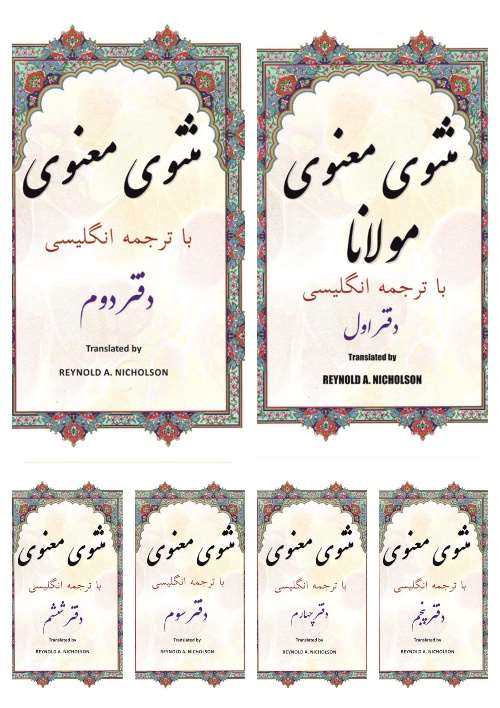
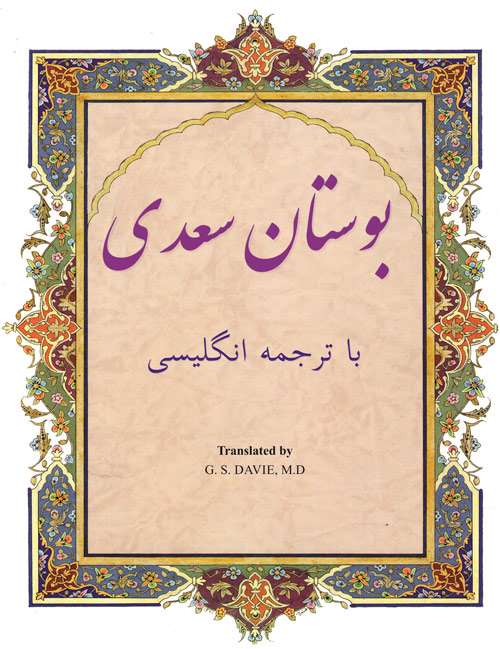
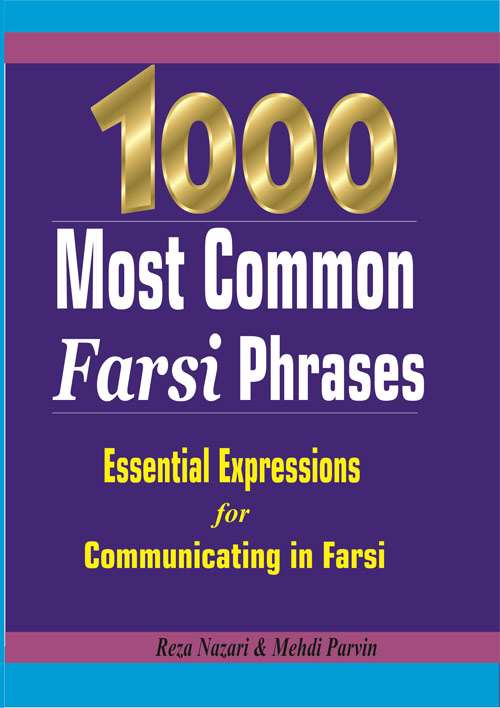
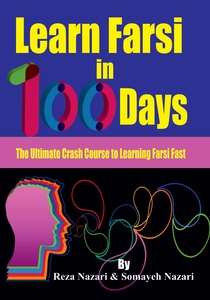






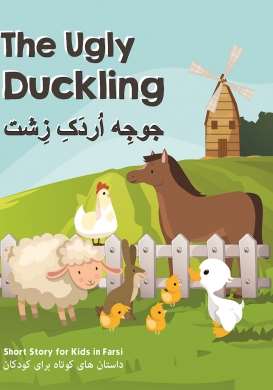
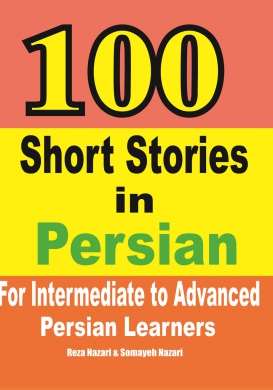
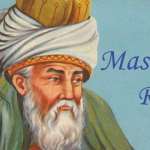
What people say about "How a certain Shaykh showed no grief at the death of his sons."?
No one replied yet.